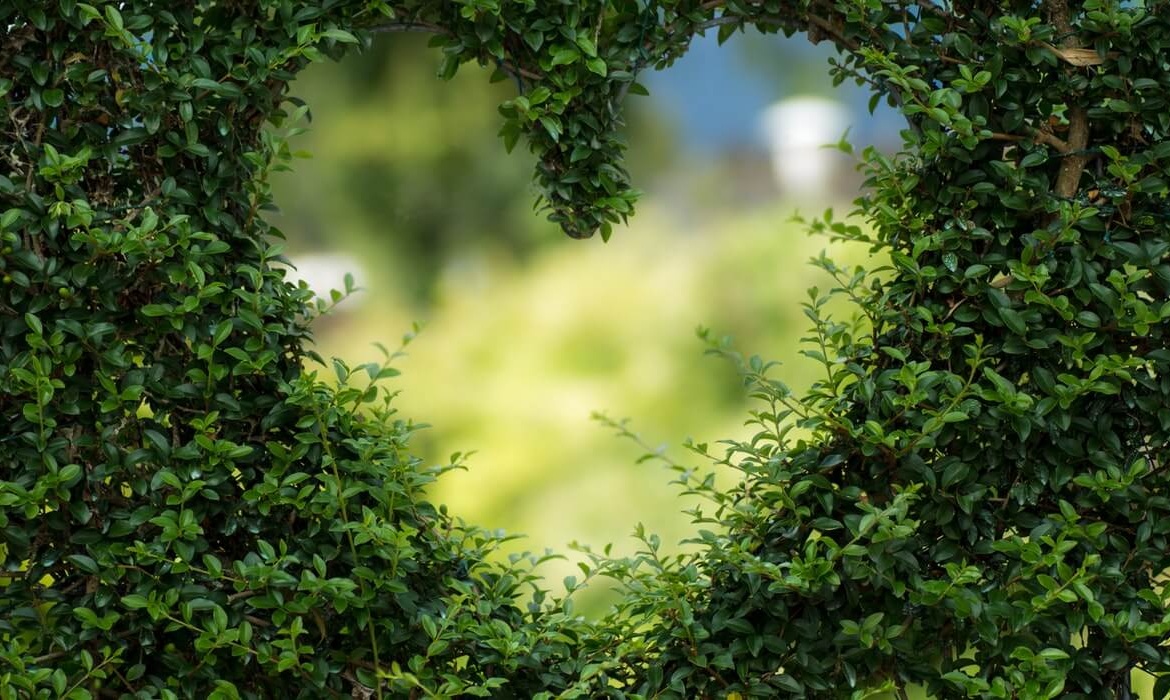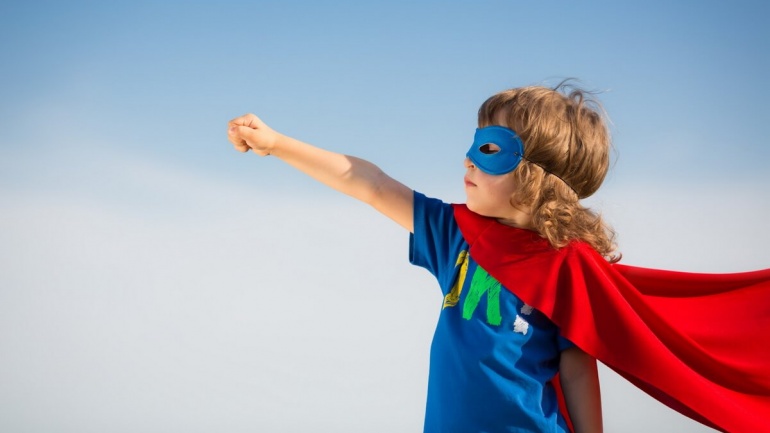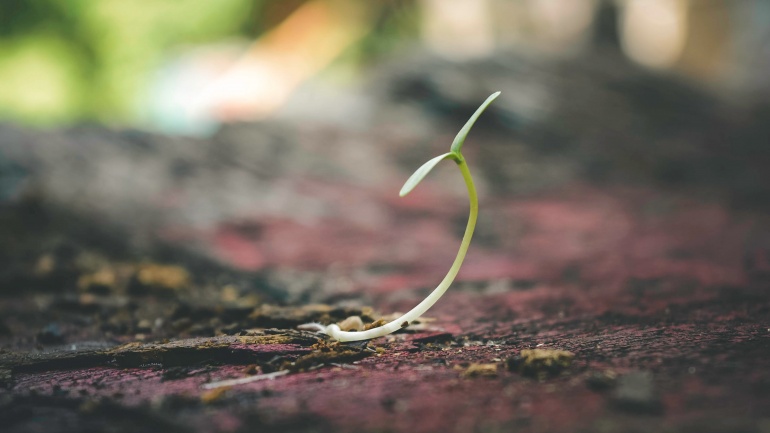I like the idea of a child’s behaviour as a new garden. Plants and weeds grow together in a young garden. If we focus on pulling weeds, we risk disturbing the roots of all the good things we are trying to grow. In a similar way, exposing a child to a large amount of negative consequences *might* decrease bad behaviours, but it will definitely affect how they feel about themselves, and how they feel others see them.
When we stop focusing on what you want to eliminate, and focus instead on caring for, watering and fertilizing the good things, we give those things the opportunity to flourish and grow. It is the same with behaviour. Attention and energy given to noticing and cultivating positive and helpful behaviours will lead to an increase in those behaviours, leaving less and less time for all the unhelpful things.
When we FEEL like a behaviour is permanent, pervasive, and personal, it really gets to us! We often do not respond to what is happening, we respond to what we BELIEVE about what is happening.
f a child hits another child, and we believe that it is surprising and unusual, maybe because the child is hungry, and is therefore unlikely to happen again, we feel ONE way. But if that same things happens, and we believe that is ALWAYS happening and is ALWAYS going to happen, we feel like maybe they are an aggressive child, we will have a completely different emotional reaction, which will fuel a different interaction between us and the child.
Children, and indeed all people, often look to what is powerful, valuable, and normal in their environments when choosing what sorts of things to copy. Some of our most at risk children have very poor role models.
Written by Lisa VanDen Hoven and Angela Taylor


